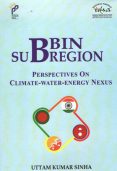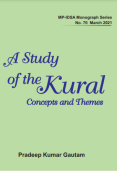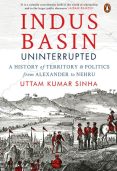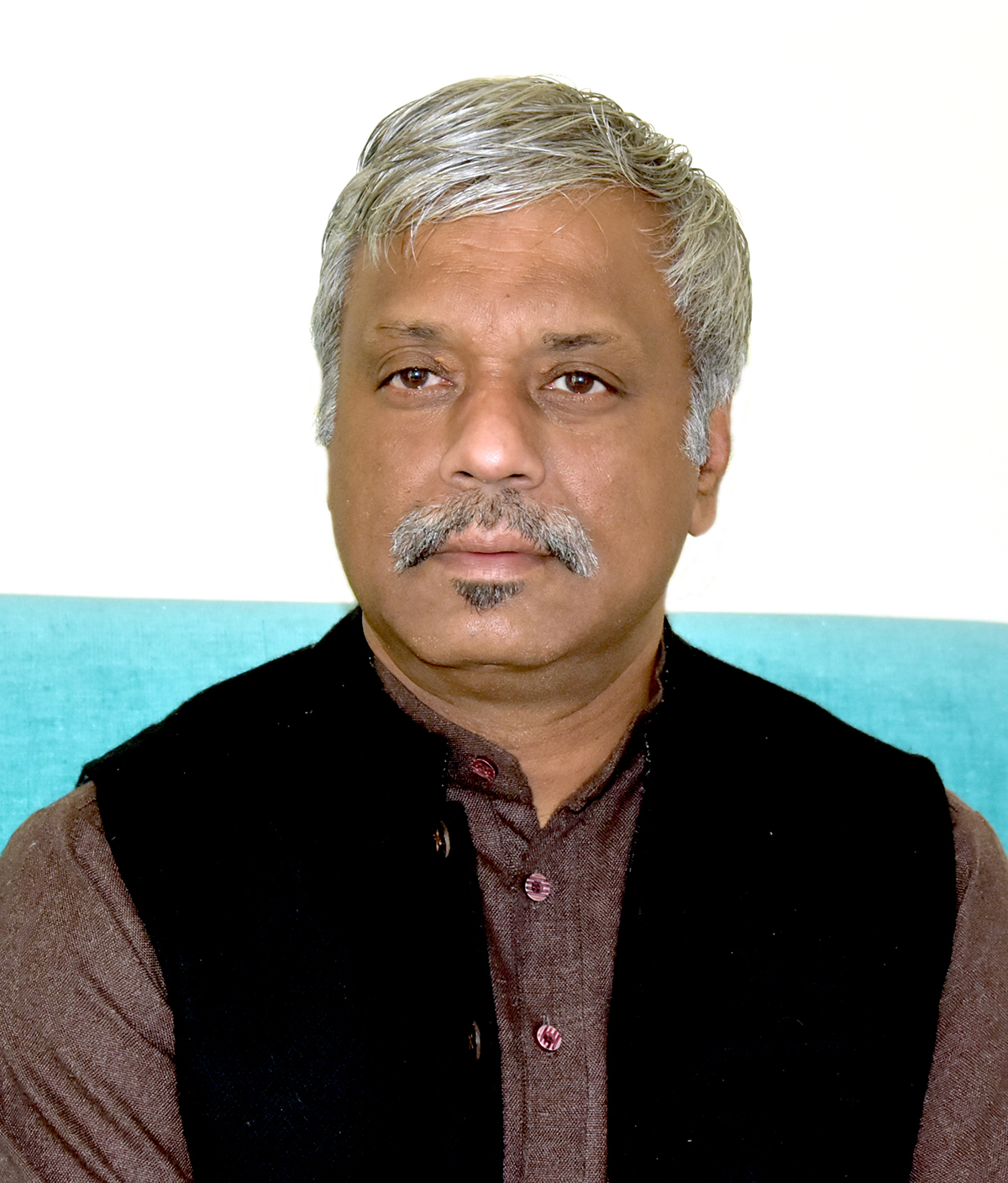Climate Change and Foreign Policy: The UK Case
Climate change has acquired high priority in the United Kingdom's foreign policy. It has in recent years raised the issue of climate change at various international forums, such as G-8, the European Union and the UN Security Council. This article examines how and why climate change has become one of the core components of UK foreign policy, and in so doing analyses the interconnections between foreign policy and climate change, and interactions between domestic and international politics.
- Uttam Kumar Sinha
- May 2010











